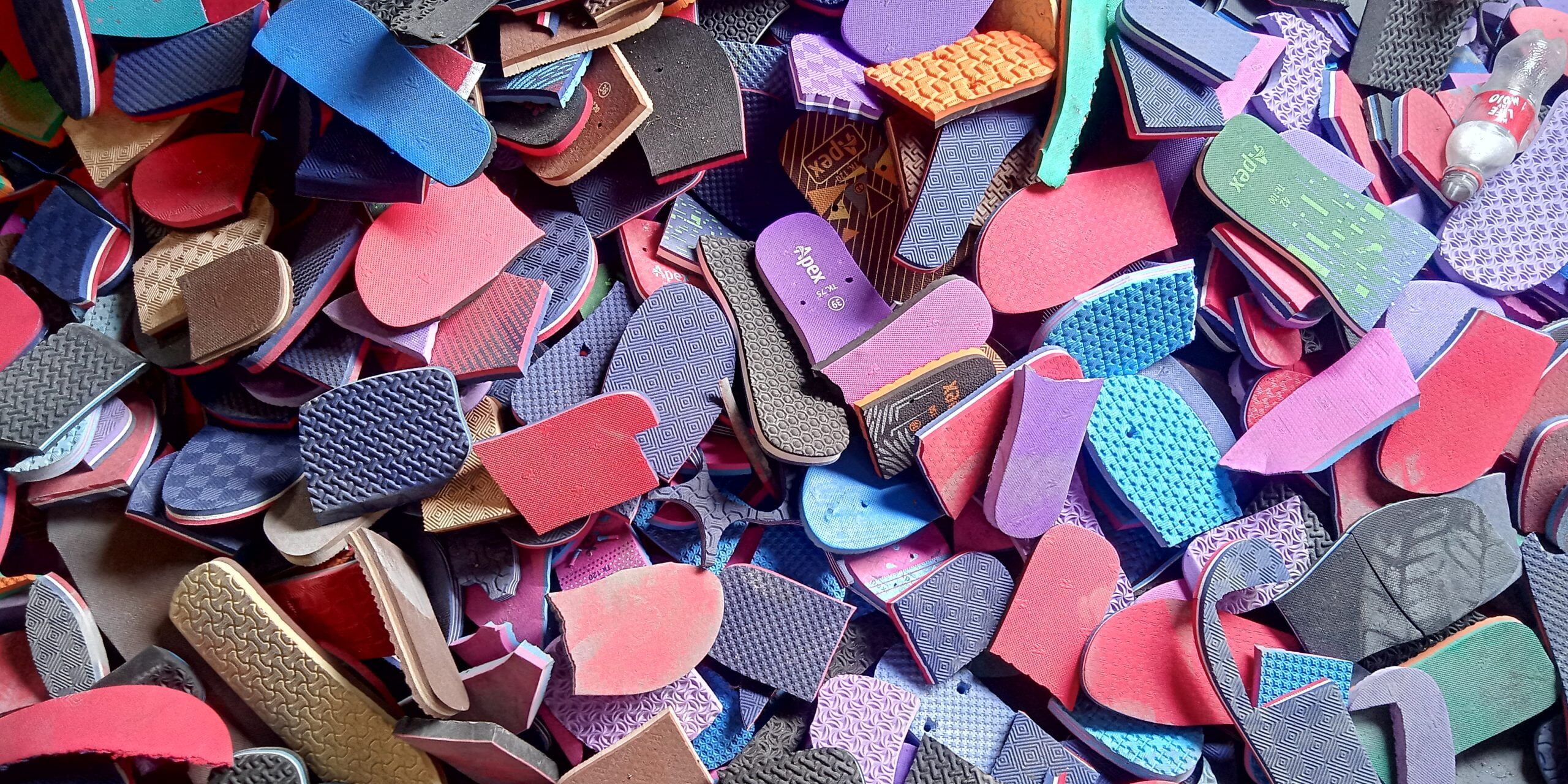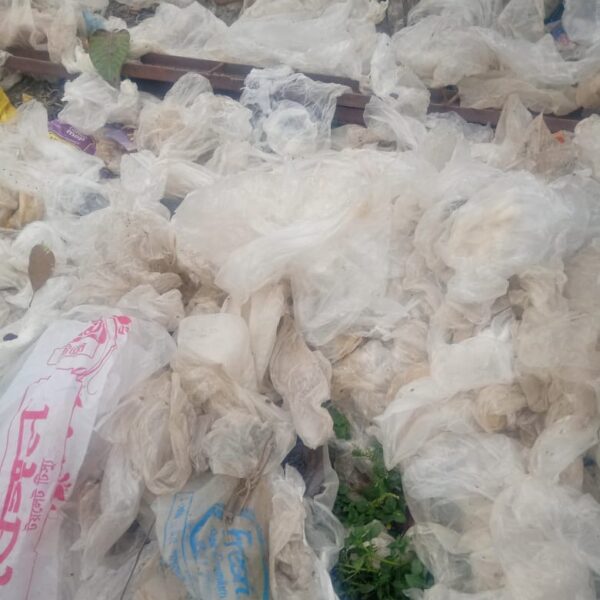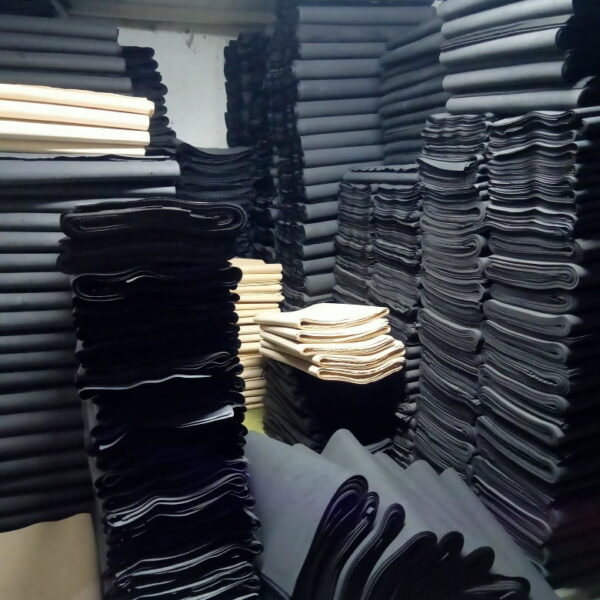“Circular economy” a new word or concept that have been circulating among big industries and polluters. Combination of reduce, reuse and recycle makes circular economy more stronger. Application of a circular economy within the Bangladeshi manufacturing sector is in developement stage.
It ensures the optimization of resources, reduce the consumption of raw materials, and recover waste by recycling or giving it a second life as a new product. In our factory we deeply believe in circular economy.
Our facilities in Dhaka, Bangladesh make synthetic rubber from discarded plastic bags. We play a big role for upcycling plastic materials to rubber sheets. After spending years of research effort and investment, we reached a viable resolution for protecting environment from plastic pollution.
Per capita waste generation in Bangladesh is 149.7 KG per year. Annual per capita plastic consumption in Dhaka alone is 22.25 KG. Bangladesh generates about 8000 tons of solid waste everyday.
Our current production plant can transform everyday around 2000 KG of plastic bags into synthetic rubber sheets for local footwear market. Each kilogram of fossil-based plastic produced, there is between 1.7 and 3.5 kilograms of carbon dioxide released.
Circular economy can reduce the use of virgin raw materials and wastage, leading to positive impacts. The needed change greatly starts from country level policy-making of the larger states to avoid large-scale environmental damage. Hence a cleaner, greener and circular process of industrialization back the game, namely the new model of a circular economy.
It targets a model of production consisting of resource conservation, eliminating waste and enhancing efficiency within the production chain, improving the sustainability of the system.



















